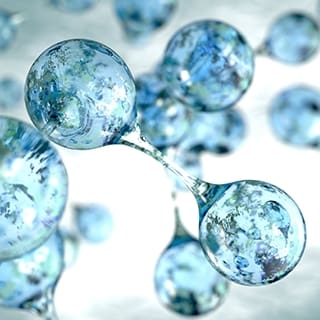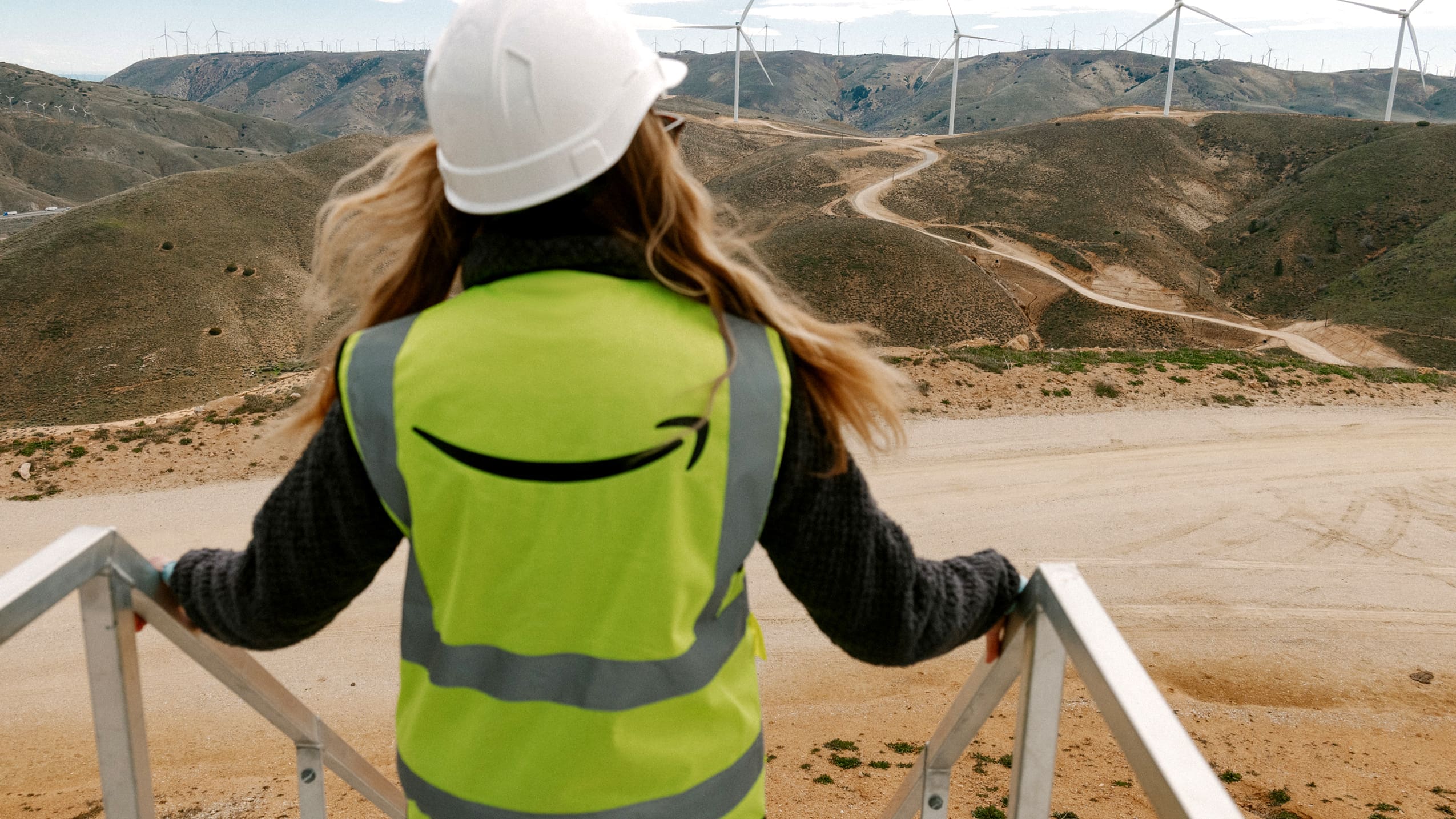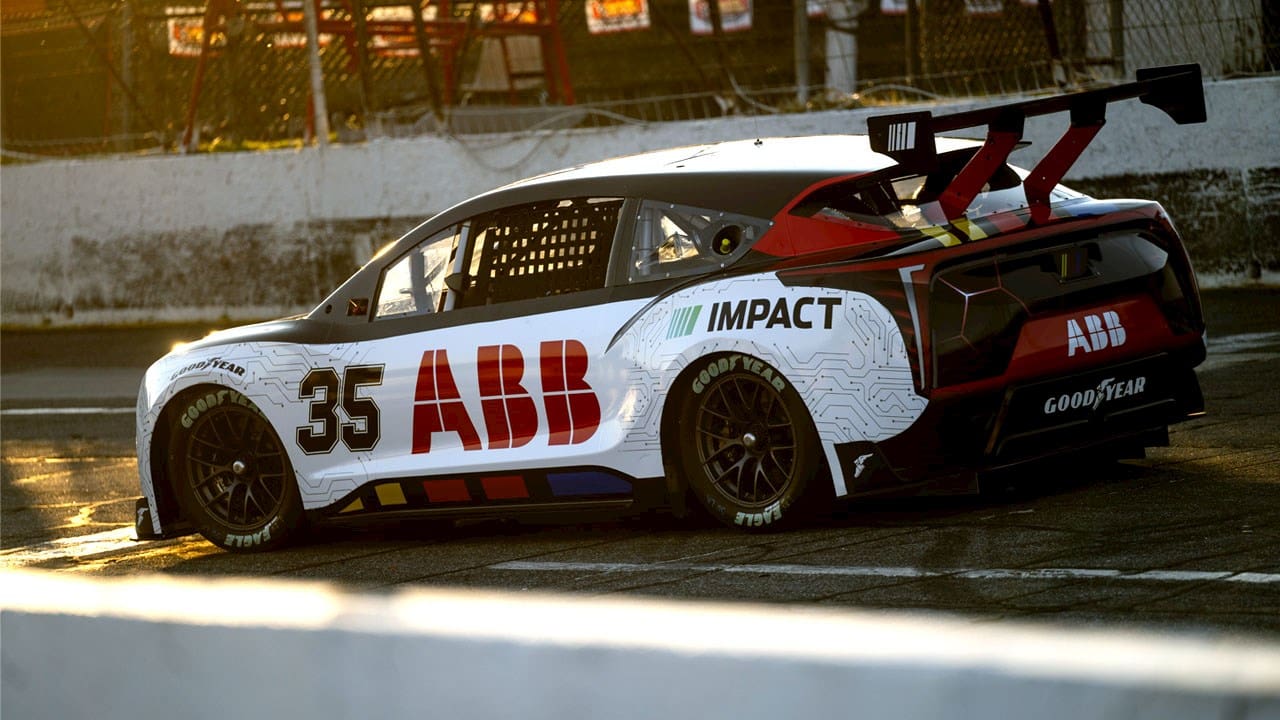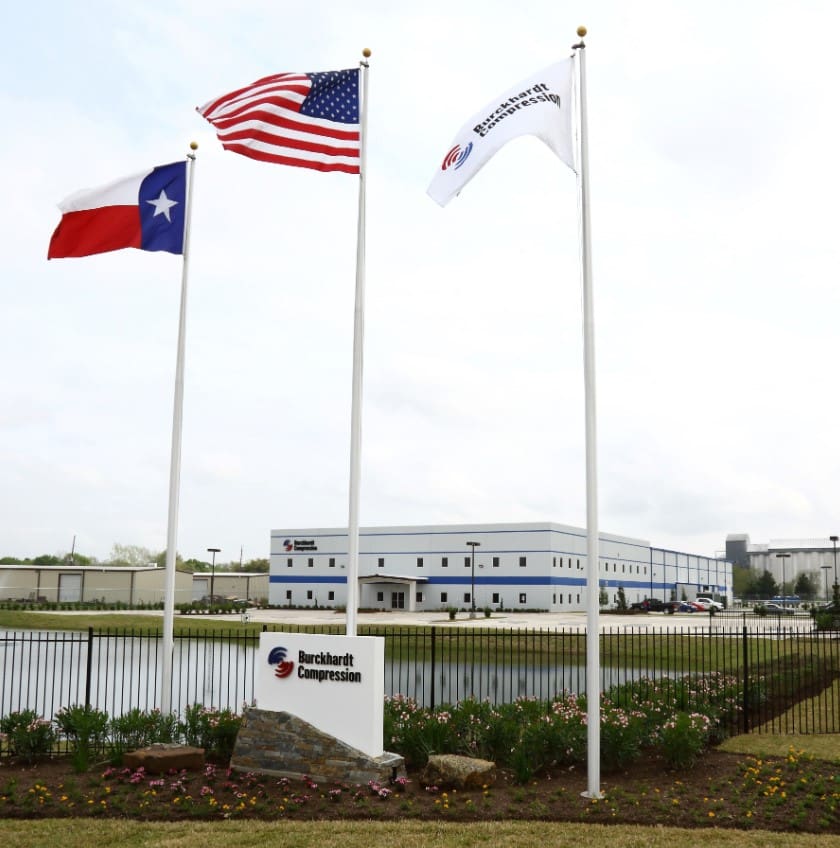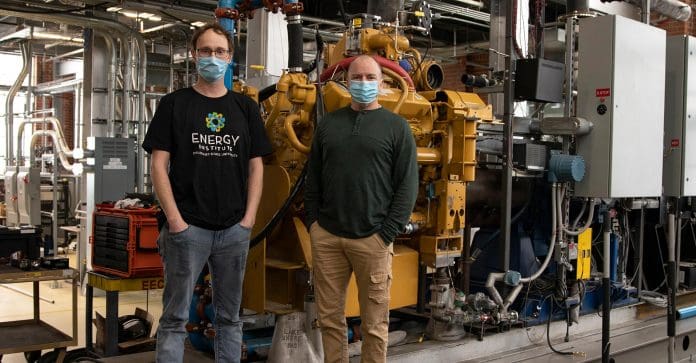
Colorado State University (CSU) has received a US$1.5 million grant from the Department of Energy’s Advanced Research Projects Agency-Energy (ARPA-E) for work to reduce emissions from 4-stroke, lean-burn natural gas engines typically found at compressor stations between natural gas wellheads and large interstate pipelines that carry the gas across long distances.
Researchers in CSU’s Department of Mechanical Engineering, led by Daniel Olsen, professor, and Bret Windom, associate professor, are seeking to design a system to reduce methane normally emitted from the engine’s crankcase.
Small amounts of gas from the engine cylinder (fuel, air, and combustion products) can leak past the piston rings and into the crankcase. Typically, these gases, including methane, build up in the crankcase and are vented into the atmosphere. The venting is part of the engine’s design, preserving its life and ensuring reliability in the field. However, resulting methane emissions are a significant industry problem and one that CSU researchers think they can solve. According to some estimates, crankcase methane emissions account for 20% or more of total methane emissions from such engine systems. Their goal is to reduce methane emissions from crankcase gas by more than 75%.
Researchers plan to develop a system that recaptures the crankcase ventilation gas, filters it, and reroutes it back into the engine.
The CSU team is partnering with Caterpillar, which will donate a 52-liter, 1035-hp (772-kW) Caterpillar G3512J lean-burn natural gas engine. Researchers, which include Caterpillar engineers David Montgomery and David Ginter, will spend the next year-and-a-half designing and testing their crankcase gas rerouting system. If additional funding is secured, they will plan to test the system at a gas compression site in the Denver-Julesburg basin in Colorado.
The grant is part of ARPA-E’s Reducing Emissions of Methane Every Day of the Year (REMEDY) program that was unveiled in 2021 for universities and private companies focused on reducing US methane emissions. These projects will support President Biden’s US Methane Emissions Reductions Action Plan, announced at the 2021 United Nations Climate Change Conference, which seeks to reduce methane emissions and promote American innovation and manufacturing of new technologies to achieve climate goals.



